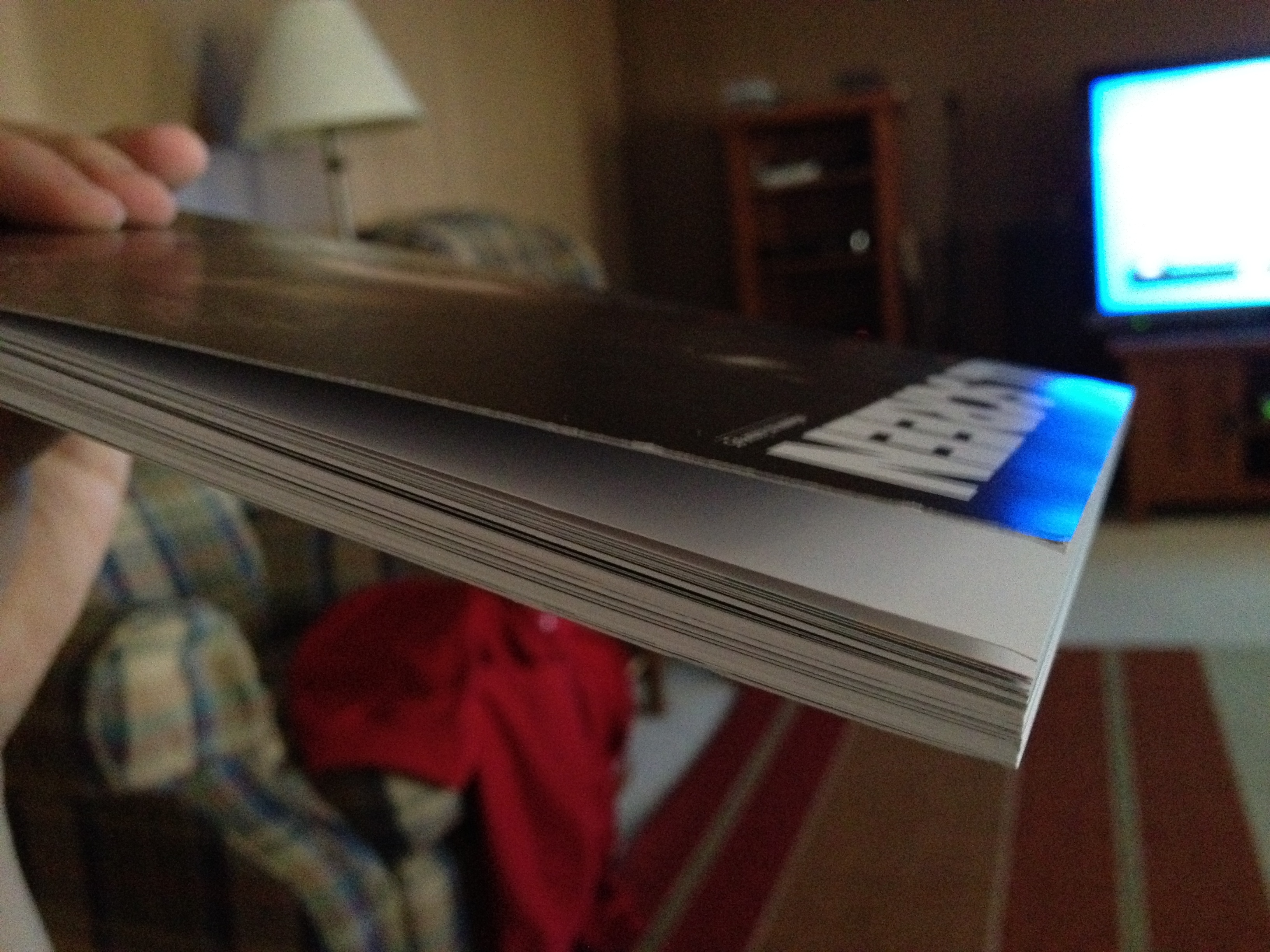A fascinating article on WSJ.com about “Wool,” which launches in print today after already having made the author a millionaire on digital sales alone:
Hugh Howey’s postapocalyptic thriller “Wool” has sold more than half a million copies and generated more than 5,260 Amazon reviews. Mr. Howey has raked in more than a million dollars in royalties and sold the film rights to “Alien” producer Ridley Scott.
And Simon & Schuster hasn’t even released the book yet.
In a highly unusual deal, Simon & Schuster acquired print publication rights to “Wool” while allowing Mr. Howey to keep the e-book rights himself. Mr. Howey self-published “Wool” as a serial novel in 2011, and took a rare stand by refusing to sell the digital rights. Last year, he turned down multiple seven-figure offers from publishers before reaching a mid-six-figure, print-only deal with Simon & Schuster.
The publishing industry is in danger of losing control of the digital market as more and more tools are being put in the hands of authors to allow them to make and sell their books directly to readers. This piece is fascinating in detailing how this author knew he had the publishers under his power and not vice versa.
He’s even able to set his own pricing, which ends up with the digital, Kindle version of the first five books retailing for $6 and the paperback of the same retailing for $15, which resembles realistic and non-gougy pricing. Plus, when dealing with Amazon, he gets 70%, while with a traditional publisher he would get only 15% or less. The economy of this thing is a no-brainer.
Authors can now create their own books, package them, and sell them on globally-available marketplaces with minimal cost and with profit shares much larger than they can by going through the traditional publishers. They can also use blogs and social services to do all their own marketing nearly free of charge.
You can say how you wish things weren’t being controlled by DRM-laden marketplaces like the Kindle Store or iBooks, but the ease of access to the tools and methods or creation and distribution is eroding the traditional publishing market’s authority over the medium.

